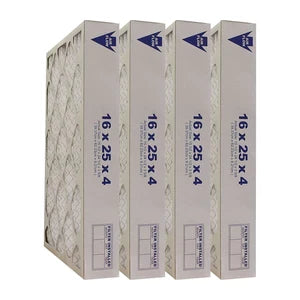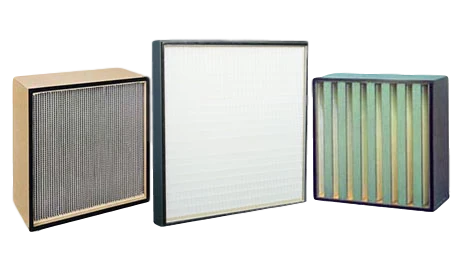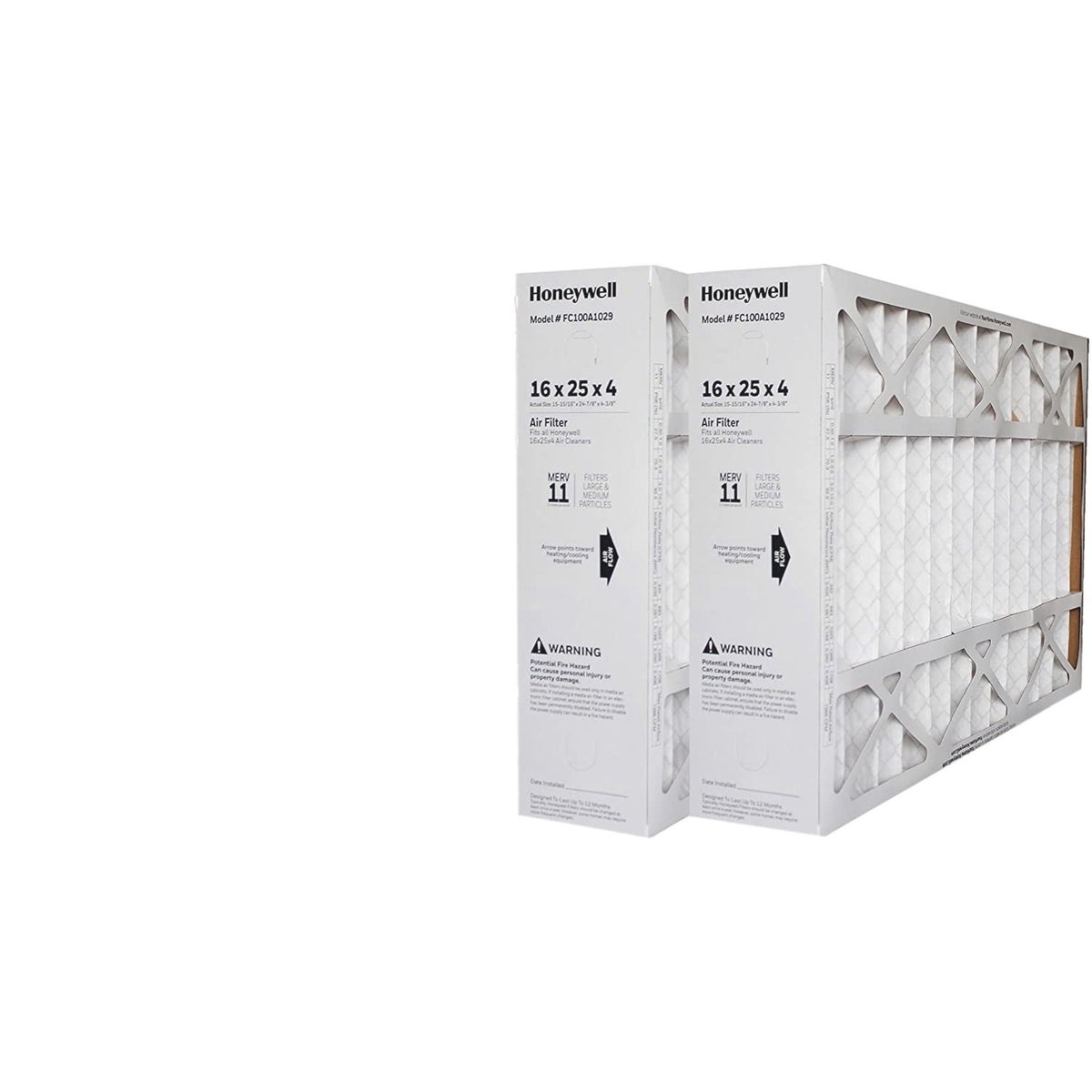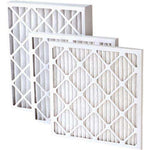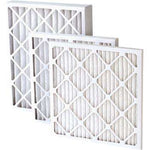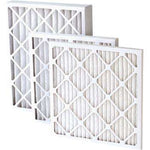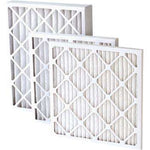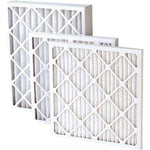You have no items in your shopping cart.
Most of us don’t realize that the air indoors can be up to 10 times more polluted than the air outside. Indoor air quality is affected by several kinds of pollutants. Some of these pollutants like hair and dust are visible to the naked eye while others remain undetected. Nevertheless, their impact is visible. They can lead to various kinds of health issues including respiratory ailments and allergies. This makes it essential for you to use a Honeywell 16x25x5 furnace filter that successfully removes all pollutants from the air with its multi-stage filtration process.
Honeywell is a Fortune 100 technology and manufacturing leader serving customers across the world. It is dedicated to creating a safer, smarter, and more sustainable environment. With its wide range of Honeywell filters, it effectively manages air purification for home, office, and commercial spaces. These air purifiers are designed and manufactured especially for the Indian market. If you use the purifier correctly, you will be able to eliminate more than 99% of indoor air pollutants. This includes dander, pet hair, dust, bacteria, and other germs.
Before you move ahead, it is important to understand some terms used in the air purifying industry:
-
HEPA - This is an efficiency standard for the air filter. It stands for high-efficiency particulate air and filters that meet the HEPA standard will be able to efficiently remove pollutants from the air.
-
CADR - It stands for Clean Air Delivery Rate. It is a measurement standard used to calculate the volume of air in CFM (cubic feet per minute) that is cleaned of particles of certain sizes.
- HiSiv filter - This is a patented technology used by filters to remove compounds like indoor smoke, formaldehyde, and other toxic gases, etc.
What does a furnace filter do?
A furnace filter helps to protect the blower fan from all hair, dust, and other junk pulled in by the return duct. It does help to improve the quality of air indoors but that is not its main purpose. Honeywell furnace filters are designed for residential use. They provide cleaner air and reduce the chances of allergens at home. They can efficiently capture particles such as mould spores, pollen, and dust from the air that passes through the filter. They also have the power to capture microscopic particles that carry viruses and bacteria.
How to choose a furnace filter?
As you step out to choose a furnace filter for your residence, there are some important factors that you need to consider.
First and foremost, you need to know the size. For this purpose, you need to measure the length (L), width (W), and depth (D) of the air filter. When you search for Honeywell filters, you will see that every product has a size measurement mentioned as L x W x D. For instance, Honeywell filters 16x25x5 have an actual size of 15-7/8" x 24-3/4" x 4-3/8".
The second important aspect that you need to keep in mind is MERV ratings (minimum efficiency reporting value). These ratings are in the range of 1 and 16. A higher rating refers to more particles being removed by the filter. The recommended range of MERV rating for adequate performance in residential homes is between 8 and 13.
Most of us don’t realize that the air indoors can be up to 10 times more polluted than the air outside. Indoor air quality is affected by several kinds of pollutants. Some of these pollutants like hair and dust are visible to the naked eye while others remain undetected. Nevertheless, their impact is visible. They can lead to various kinds of health issues including respiratory ailments and allergies. This makes it essential for you to use a Honeywell 16x25x5 furnace filter that successfully removes all pollutants from the air with its multi-stage filtration process.
Honeywell is a Fortune 100 technology and manufacturing leader serving customers across the world. It is dedicated to creating a safer, smarter, and more sustainable environment. With its wide range of Honeywell filters, it effectively manages air purification for home, office, and commercial spaces. These air purifiers are designed and manufactured especially for the Indian market. If you use the purifier correctly, you will be able to eliminate more than 99% of indoor air pollutants. This includes dander, pet hair, dust, bacteria, and other germs.
Before you move ahead, it is important to understand some terms used in the air purifying industry:
-
HEPA - This is an efficiency standard for the air filter. It stands for high-efficiency particulate air and filters that meet the HEPA standard will be able to efficiently remove pollutants from the air.
-
CADR - It stands for Clean Air Delivery Rate. It is a measurement standard used to calculate the volume of air in CFM (cubic feet per minute) that is cleaned of particles of certain sizes.
- HiSiv filter - This is a patented technology used by filters to remove compounds like indoor smoke, formaldehyde, and other toxic gases, etc.
What does a furnace filter do?
A furnace filter helps to protect the blower fan from all hair, dust, and other junk pulled in by the return duct. It does help to improve the quality of air indoors but that is not its main purpose. Honeywell furnace filters are designed for residential use. They provide cleaner air and reduce the chances of allergens at home. They can efficiently capture particles such as mould spores, pollen, and dust from the air that passes through the filter. They also have the power to capture microscopic particles that carry viruses and bacteria.
How to choose a furnace filter?
As you step out to choose a furnace filter for your residence, there are some important factors that you need to consider.
First and foremost, you need to know the size. For this purpose, you need to measure the length (L), width (W), and depth (D) of the air filter. When you search for Honeywell filters, you will see that every product has a size measurement mentioned as L x W x D. For instance, Honeywell filters 16x25x5 have an actual size of 15-7/8" x 24-3/4" x 4-3/8".
The second important aspect that you need to keep in mind is MERV ratings (minimum efficiency reporting value). These ratings are in the range of 1 and 16. A higher rating refers to more particles being removed by the filter. The recommended range of MERV rating for adequate performance in residential homes is between 8 and 13.
